What are sleep twitches?
Sleep twitches, or Hypnic Jerks, are involuntary muscle movements that occur during the transition from wakefulness to sleep.
They are a normal body reaction and occur occasionally in about 60 to 70 percent of people.
These sudden twitches can be mild or intense, and sometimes you might even feel like you're falling, which can startle you and briefly interrupt your sleep.
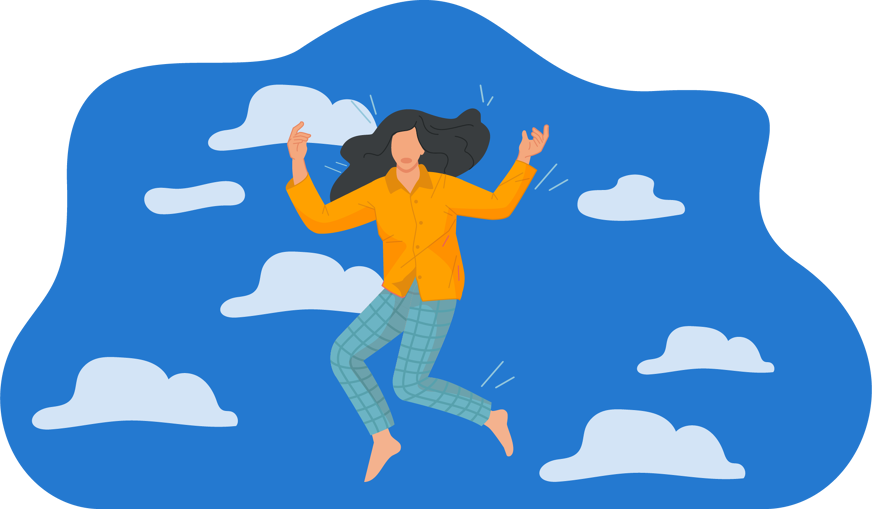
Why do we twitch when falling asleep?
The exact causes of sleep twitches are not fully understood, but there are various explanations [3].
One theory suggests that as the body transitions to sleep, the brain may “misinterpret” muscle relaxation as falling, and the twitches act as a reflex to “protect” you.
Stress, fatigue, or irregular sleep patterns [4] can exacerbate sleep twitches. Caffeine, alcohol, or stimulating activities before bed also play a role.
Twitching near the heart when falling asleep
Some people report twitching near the heart when falling asleep.
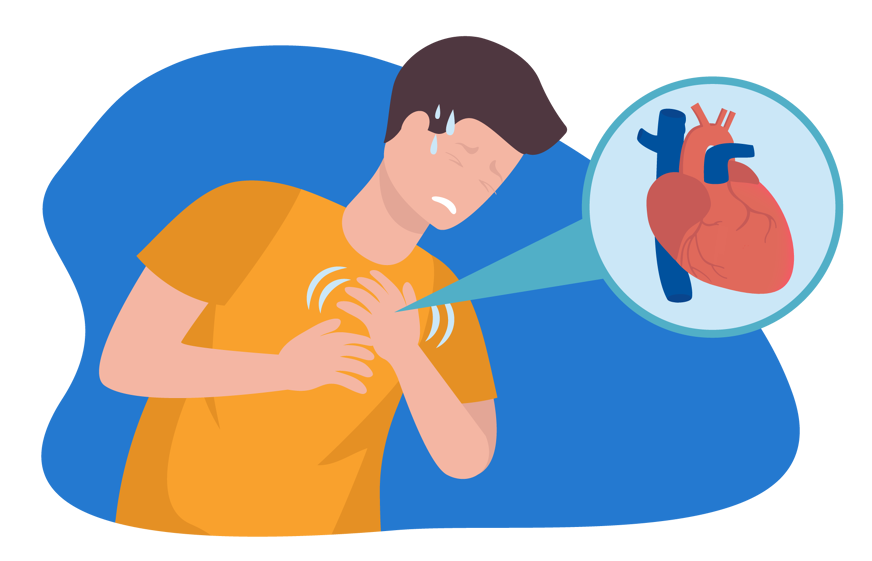
This is usually due to normal muscle contractions in the chest area.
If it happens frequently or is accompanied by symptoms like heart palpitations, it’s advisable to consult a doctor.
Are sleep twitches dangerous?
In most cases, these twitches are harmless. They are simply a body reaction and do not indicate a serious illness.
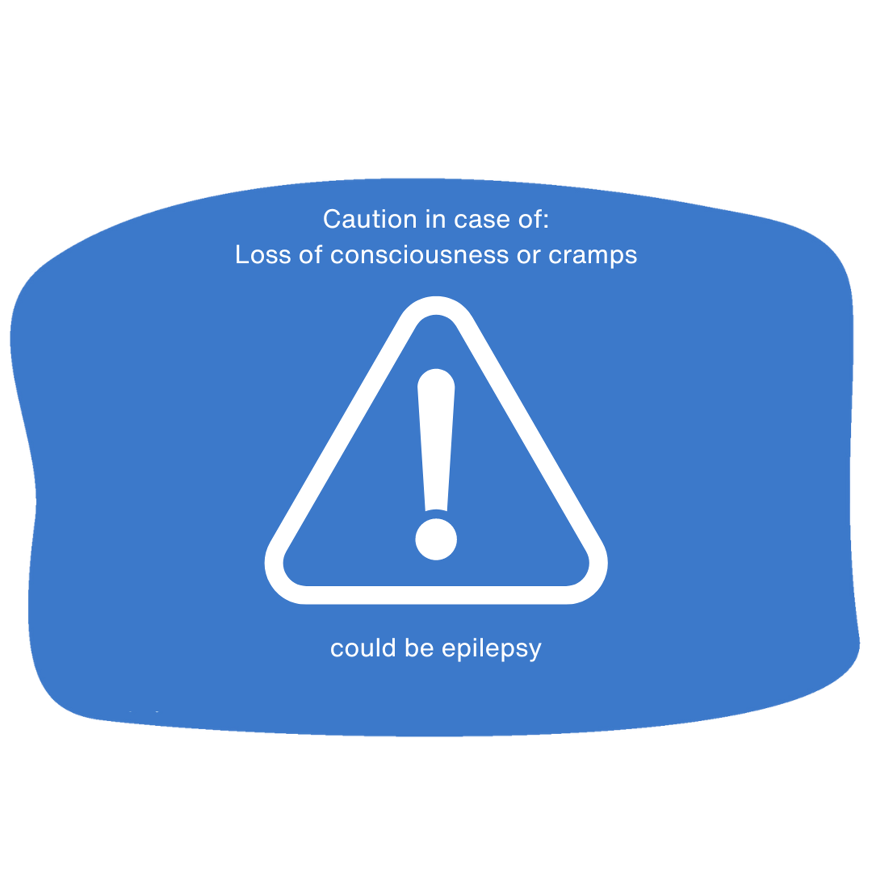
However, if you notice that they are frequent or severe, it may be wise to consult a doctor.
There are rare cases where twitches are mistaken for conditions like epilepsy. [5]
If you experience other symptoms like loss of consciousness or seizures, it’s important to seek medical advice.
5 Tips to reduce sleep twitches or help with them
- Reduce stress: Stress can trigger sleep twitches. Relaxation exercises like yoga or meditation can help calm you down.
- Regular sleep schedule: A consistent sleep-wake rhythm and sleep hygiene helps your body adapt to sleep and minimize sleep twitches, whether you’re male, female, or a child.
- Avoid caffeine and alcohol: These substances can stimulate the nervous system and increase sleep twitches. Try to avoid them a few hours before bedtime.
- Relaxing evening routine: Activities like reading or taking a warm bath before bed can help put your body in relaxation mode and reduce twitches.
- Optimise sleep environment: A quiet, dark, and comfortable sleep environment can help you fall asleep faster and more peacefully.
Conclusion
Sleep twitches, also known as Hypnic Jerks, are a common phenomenon that affects many people.
They are usually harmless and can be reduced with simple measures.
However, if they are severe or frequent, it might be advisable to consult a doctor.
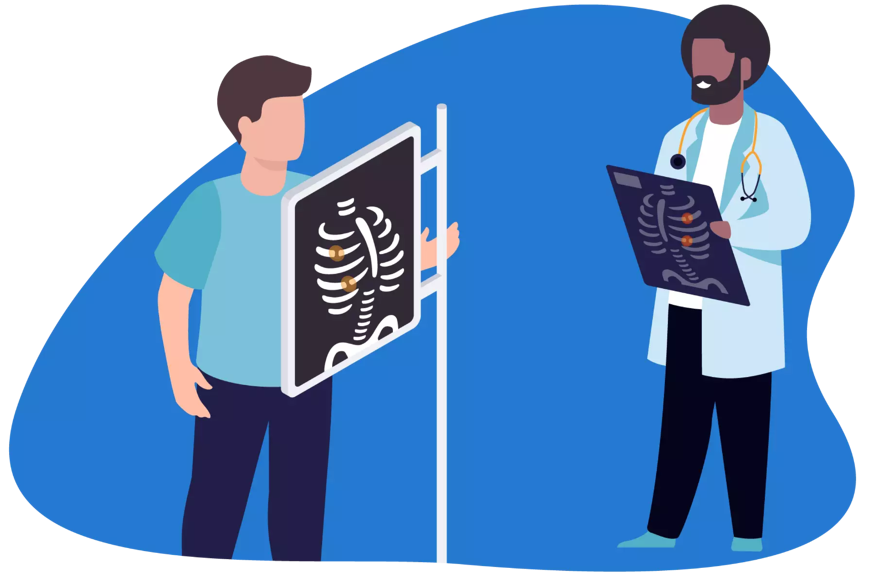







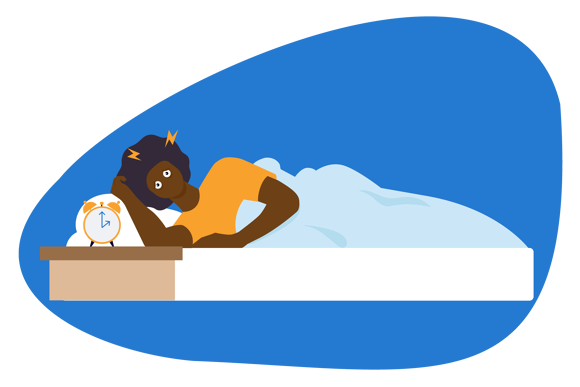
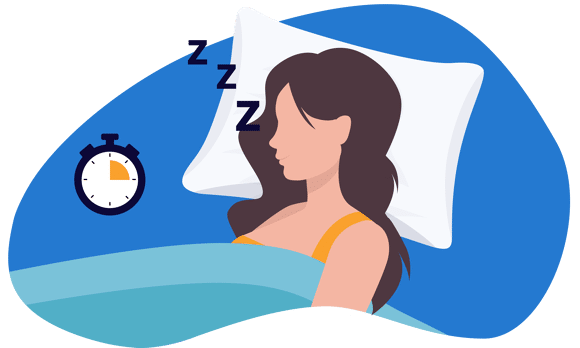
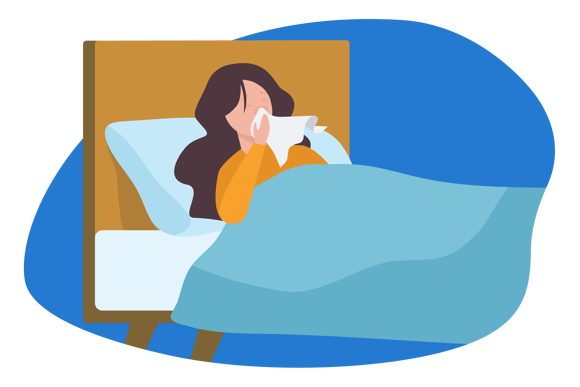


Alternatively, message us directly via the Contact Us page.